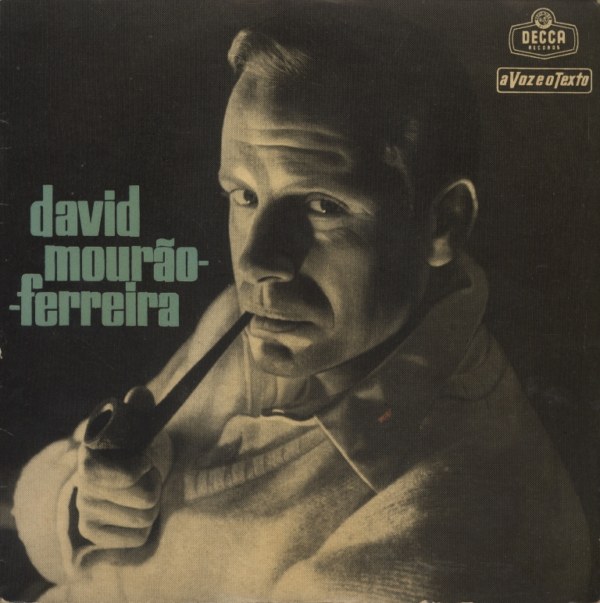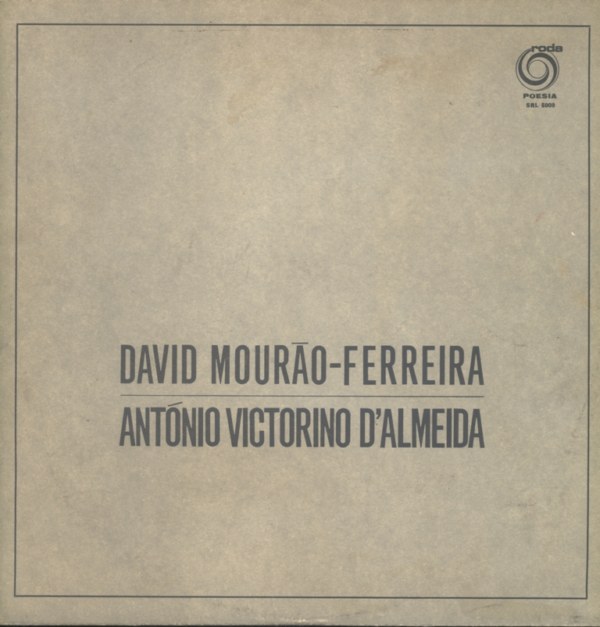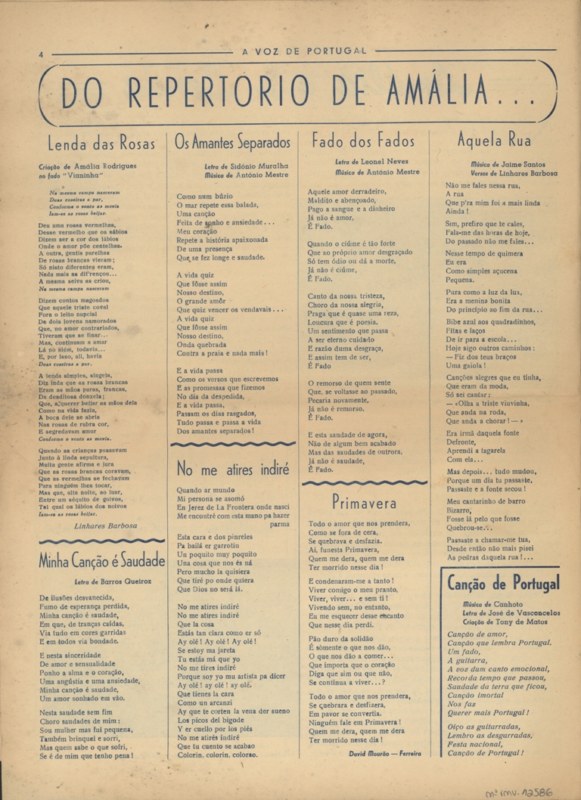Know more:
David Mourão-Ferreira
(N. 24 February, 1927 - M. 16 June, 1996)David de Jesus Mourão-Ferreira was born in Lapa, Lisbon, on February 24th, 1927 at a house with a superb view over Tejo. He was the first-born of David José da Silva Ferreira and Teresa de Jesus Mourão-Ferreira. In 1929, was born his brother Jaime Alberto.
At the age of 5 David Mourão-Ferreira learns how to read with his mother on João de Deus’ spelling book and in 1933 he would write this short text: “David is republican”.
After that, he wrote many other texts on little newspapers illustrated by his brother Jaime Ferreira.
In 1937 David Mourão-Ferreira finished primary school at Colégio Moderno.
In 1942 he attended again Colégio Moderno, where in the school journal Gente Moça he published his first of many articles: Peralta e Sécias. His Philosophy’s professor Álvaro Salema invites him to say a lecture by the occasion of the centenary birth of Antero de Quental called “Antero, Poeta e Homem de Acção”. In the same year he met Agostinho da Silva.
In 1943, together with José Rabaça and João Belchior Viegas, he planned and produced several cultural events such as reading texts of modernist Portuguese authors like Fernando Pessoa, José Régio, Miguel Torga and Vitorino Nemésio.
In 1945, he published the first poems in Seara Nova magazine (927, 19-05-1945, p. 36) and registered at Faculdade de Letras in Lisbon.
He had continued his writings and in 1946, Mourão-Ferreira published five poems on the book Rumos: antologia de contos e poemas. He collaborated on the juvenile MUD where he met José Régio, António Manuel Couto Viana and Fernanda Botelho. Also he collaborated on several newspapers, Seara Nova and Aqui e Além magazines.
On that decade, in 1947, he participated on the literary assembly at Café Chave d´Ouro, place of meetings with José Rodrigues Miguéis and Sebastião da Gama.
David Mourão-Ferreira went to Paris in 1948 to attend a course to foreigners and when he returned to Portugal he starts doing some works as actor and author at Teatro Estúdio do Salitre. He performed some roles from the Italian classic repertoire directed by Gino Saviotti, (namely from comedia dell´arte). The dramatic poem Isolda of his authorship is performed. Meantime he published an essay about Frei Luís de Sousa of Almeida Garrett.
In 1950, Mourão-Ferreira together with António Manuel Couto Viana and Luís de Macedo were co-directors of Távola Redonda magazine which on were published the poetry sheets Távola Redonda; folhas de poesia, including several poems, critics and essays about authors as Pedro Homem de Mello and José Régio, among others. One act’s play named Contrabando was performed at Teatro Estúdio do Salitre. David Mourão-Ferreira was the main character on the play João da Lua by Marcel Achard at the Teatro da Rua da Fé, translated by António Coimbra Martins. At the same time was published A Secreta Viagem, his first poetry’s book.
In 1951, David Mourão-Ferreira took his degree in Romance Philology with the dissertation “Três coordenadas na poesia de Sá de Miranda”. He went to the army at Infantry School in Mafra. The following year (1952) was sent to Portalegre as militiaman candidate. At this time he still publishes poems, essays and critics on the literary magazine Távola Redonda, collaborating in Seara Nova, and having constant companion of the writer José Régio.
After his military service conclusion, in 1952, David Mourão-Ferreira taught at Escola Comercial Veiga Beirão, in Lisbon, keep writing to Távola Redonda, Árvore and Seara Nova literary magazines.
In 1953 he got married to Maria Eulália Barbosa de Carvalho, and did his first works on the newspapers O Primeiro de Janeiro, Diário de Notícias and Ler.
David starts working together with Amália on account of Rui Valentim de Carvalho, making his first poems to Fado. Amália sings his poems: Primavera e Sempre e Sempre Amor edited by Columbia.
His first son David João was born in 1954. From this year until 1957 he had collaborated regularly writing poetry critics on the Diário Popular newspaper. Once again, Amália records new poems of David Mourão-Ferreira: Neblina, Quando a Noite Vem and Libertação.
Amália becomes a celebrity performing the film Les Amants du Tage (1955) by Henri Verneuil, singing Barco Negro e Solidão (Canção do Mar), lyrics of David Mourão-Ferreira, recorded on the EP of Columbia “Os Amantes do Tejo”.
David Mourão-Ferreira was a person who had several interests from writing till publishing; he collaborated on theatre, newspapers where he met important people who would influence him.
In 1957, his daughter, Adelaide Constança was born. He teaches again at Liceu Pedro Nunes and attends the Faculdade de Letras as assistant.
Mourão-Ferreira declares to be poet taking an active part on the Portuguese literary society with controversy speeches and making known different generation poets. He begins a new activity collaborating on TV cultural programmes making interviews to writers and singers.
The organization and regency of Literature Theory and Portuguese Literature at the Faculdade de Letras was under his care. He made his stand in public to Humberto Delgado as president and published the book Os Quatro Cantos do Tempo in Brazil.
In 1959 the records’ collection A Voz e o Texto is made from Portuguese contemporary authors and is edited under his direction. This year he publishes the narrative Gaivotas em Terra considered a subversive text.
On the decade of 60’s he published the book Aspectos da Obra de M. Teixeira-Gomes, the poetry’s collection In Memoriam Memoriae and Infinito Pessoal as well as an essay and critic’s volume named Motim Literário, and the narrative, O Viúvo, published at the same time of the TV literary programme called Hospital das Letras.
At this time Amália Rodrigues and Alain Oulman had been recording the album “For Your Delight” to United Kingdom, which included the poem Espelho Quebrado by David Mourão-Ferreira – and “Busto” edited by Columbia. These were some of the songs which Amália sang, lyrics based on poems of Pedro Homem de Mello (Povo Que Lavas no Rio) and David Mourão-Ferreira, (Abandono, Maria Lisboa, Aves Agoirentas, Madrugada de Alfama).
David Mourão-Ferreira travels a lot over Europe, especially to Greece and Italy, to have inspiration for his writings and to make his work known. These countries had influenced a lot his work.
The narrative Agora o Fado Corrido is the script of the film Fado Corrido, (1964) directed by Jorge Brum do Canto, on which Amália participates singing Gaivota by Alexandre O´Neill and Madrugada de Alfama by Mourão-Ferreira, both music by Alain Oulman. Then, it follows the EP “Estranha Forma de Vida” edited by Columbia, on which Amália Rodrigues performs Espelho Quebrado.
David Mourão-Ferreira broadcasted the programme Música e Poesia on radio at Emissora Nacional, but he was cast out from TV and Radio because he was against the closing of Sociedade Portuguesa de Autores (1965).
In 1966 he marries for the second time to Maria do Pilar de Jesus Barata and his large and wide literary activity as writer continues publishing the book of poems named Do Tempo ao Coração, on the essay’s volume Hospital das Letras.
The introduction text on Antologia da Poesia Portuguesa Erótica e Satírica, edited by Natália Correia and the preface of the translated book A Filosofia da Alcova, by Marquis du Sade, would be object of slander and lawsuit to him. Despite he still writes for other singers as Simone de Oliveira.
In 1967, on the volume Arte de Amar, he gathers his first five books of poetry and edited the volume Itinerário Paralelo containing original texts by Sebastião da Gama. He returns to his journalistic activity writing an article called Poesia para Todos on the Diário de Lisboa Journal. The Censorship forbids the poem Litania para Este Natal.
In 1968, it is published the short story Os Amantes and he collaborated on the edition of Antologia Poética by Cecília Meireles.
David Mourão-Ferreira returns to Television broadcasting the programme “Imagens da Poesia Europeia” since 1969. His work Discurso Directo; Tópicos de Crítica e de História Literária e Lira de Bolso is printed.
At the beginning of the 70’s, David Mourão-Ferreira was readmitted as a teacher at Faculdade de Letras giving lessons of Literature’s Theory and French Literature. During this period he was invited to lecture on seminars and conferences writing and traveling a lot.
At the same time, Amália Rodrigues was a notorious singer due her record “Com que Voz”, poetry by Vinicius de Moraes, David Mourão-Ferreira, Ary dos Santos, among others.
In 1972 is published the volume Imagens da Poesia Europeia.
In 1973 he went to URSS (Moscow) to collaborate at the meeting Comité Exécutif da Association Internationale des Critiques Littéraires. Then he publishes Matura Idade.
David Mourão-Ferreira is elected member of Academia das Ciências de Lisboa in 1974 when he publishes Os Amantes e Outros Contos and Sonetos do Cativo. After April 25th, 1974, he accepted the job as director at the journal A Capital, but he would resign the following year.
In 1975 David Mourão-Ferreira collaborated with political campaign to presidency of Ramalho Eanes and refused to take charge of Secretary of State for Culture. Although, he accepted to be director assistant at the Journal O Dia on which Vitorino Nemésio was the Director General.
David Mourão-Ferreira was fond of politics and in 1976 was on charge of Secretary of State for Culture (VI Provisional Government). On the first Constitutional Government which Mário Soares was Prime Minister he reassumes the charge of Secretary of State for Culture and goes to Brazil where is signed an written cultural agreement between Portugal and Brazil.
Never stop his writings; he publishes the poetics anthology As Lições do Fogo and a collection of essays named Sobre Viventes.
In 1977 he looses his brother Jaime, a tragic event.
When David Mourão-Ferreira was working at the Secretary of State for Culture founds the Companhia Nacional de Dança and goes to Poland, Spain and Belgium.
In 1978 David Mourão-Ferreira stops working as Secretary of State for Culture but proceeds writing and publishing the poetry’s Órfico and the volume Cartas de Amor de Fernando Pessoa, giving lectures about this publishing in Paris and Rome.
Once again he reassumes the charge of Secretary of State for Culture (IV Constitutional Government).
He promotes a national tribute to Miguel Torga.
In 1979 David Mourão-Ferreira went to Guiné-Bissau with the President General Ramalho Eanes for an official visit to the inauguration of the Portuguese Cultural Centre. He traveled to Brazil, Sweden and Macau for the commemorative ceremony of June 10th. When the IV Constitutional Government was dismissed David Mourão-Ferreira returns to teach.
In the beginning of 80’s was published a great number of writings as Ode à Música, Entre a Sombra e o Corpo, Vinte Poetas Contemporâneos (2ª enlarged edition) and he comes back working for television, presenting the programme O Dom de Contar.
In 1981 he was invited to manage the Serviço de Bibliotecas Itinerantes e Fixas of Fundação Calouste Gulbenkian. At this foundation he also was editor of Colóquio/Letras Magazine.
José Fonseca e Costa directs the film Sem Sombra de Pecado (1983), based on the short story Aos Costumes Disse Nada of David Mourão-Ferreira.
He’s elected as Vice-President of Association Internationale des Critiques Littéraires (1984-1992) and President of the Portuguese Association of Writers (until 1986).
In 1985 David Mourão-Ferreira publishes Os Ramos Os Remos and turns again to endorse Mário Soares for presidency.
He publishes his first novel with 59 years old, Um Amor Feliz, an awarded novel. Then he publishes O Corpo Iluminado, As Pedras Contadas, Duas Histórias de Lisboa, O Essencial sobre Vitorino Nemésio.
David Mourão-Ferreira gets ill.
At the end of a decade of great activity, he publishes Os Ócios do Ofício e Sob o Mesmo Tecto.
In 1990 David Mourão-Ferreira is distinguished as Professor and in the following year he becomes director of the Pen Club Português.
Meantime he publishes A Arte de Amar (poetics anthology), Lisboa, Luzes e Sombras, Maria da Luz e Outras Esfinges (short stories novels), Tópicos Recuperados, Terraço Aberto (essays and reviews), Elogio Académico de Vitorino Nemésio. He was put out from member of the Camões’s Prize Jury because he criticized a governmental service.
New publishings: Jogo de Espelhos – Reflexos para um Auto-Retrato; Magia, Palavra, Corpo: Perspectivas da Cultura de Língua Portuguesa; and Evocação de Sebastião da Gama, Música de Cama (erotic anthology, original book illustrated by Francisco Simões).
In 1995 the CD titled Um Monumento de Palavras is recorded with poems by Mourão-Ferreira.
He died on June 16th in Lisbon.
On May of 2007, the temporary exhibition of David Mourão-Ferreira, a central figure of Portuguese culture, was inaugurated at the Museum of Fado.
Prizes and awards:
1954 Prémio Delfim Guimarães (Tempestade de Verão).
1960 Academia das Ciências de Lisboa awards David Mourão-Ferreira with Prémio Ricardo Malheiros (Gaivotas em Terra).
1965 Prémio de Teatro da Casa da Imprensa (O Irmão).
1972 Prémio Nacional de Poesia da Secretaria de Estado da Informação e Turismo (Cancioneiro de Natal).
1973 Degree Chevalier de L´Ordre des Arts et des Lettres (France).
1976 Grã-Cruz da Ordem de Rio Branco (Brazil).
1980 Prémio da Crítica da Association Internationale des Critiques Littéraire (As Quatro Estações).
1986 Prémio de Narrativa do Pen Clube Português; Prémio D. Dinis da Fundação da Casa de Mateus e o Prémio de Ficção Município de Lisboa (Um Amor Feliz).
1988 Grande Prémio Inasset de Poesia (No Veio de Cristal).
Prémio Jacinto Prado Coelho (Nos Passos de Pessoa).
1987 Grande Prémio de Romance by Associação Portuguesa de Escritores.
Medalha Oskar Nobiling by pela Academia Brasileira de Letras (Brazil).
1996 Homage to David Mourão-Ferreira all over the country
Grã-Cruz de Santiago de Espada.
Awarded by Câmara Municipal de Cascais with the title Cidadão Honorário.
Medalha de Ouro by Câmara Municipal de Oeiras.
Source:
AAVV, (1996), “David Mourão-Ferreira”, Boletim do Serviço de Bibliotecas e Apoio à Leitura, Lisboa, Fundação Calouste Gulbenkian.
AAVV, (2007), “Primavera, David Mourão-Ferreira e o Fado”, catálogo de exposição, Lisboa, EGEAC EM / Museu do Fado.
Garcia, José Martins (1980), “David Mourão-Ferreira, A Obra e o Homem”, Col. “A Obra e o Homem”, Lisboa, Arcádia.
http://cvc.instituto-camoes.pt/figuras/dmferreira.html
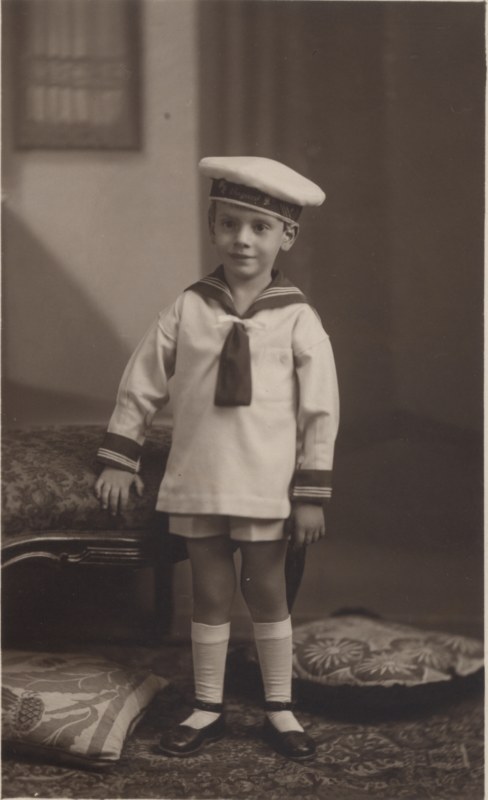
David Mourão-Ferreira, 1932

David Mourão-Ferreira, 1937
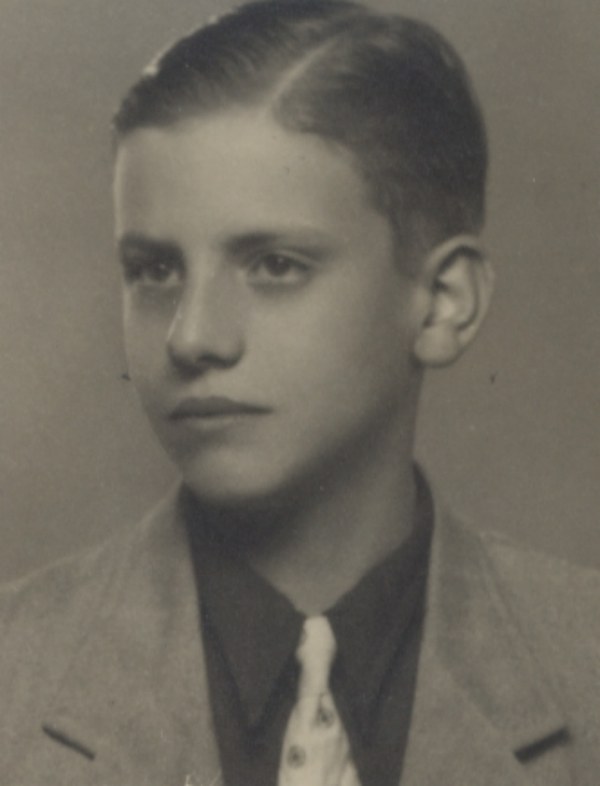
David Mourão-Ferreira, 1938
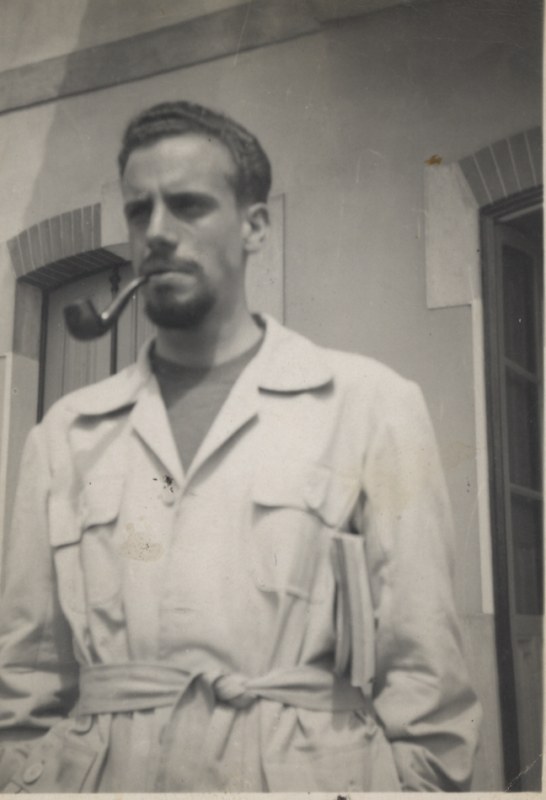
David Mourão-Ferreira, Paris, 1948
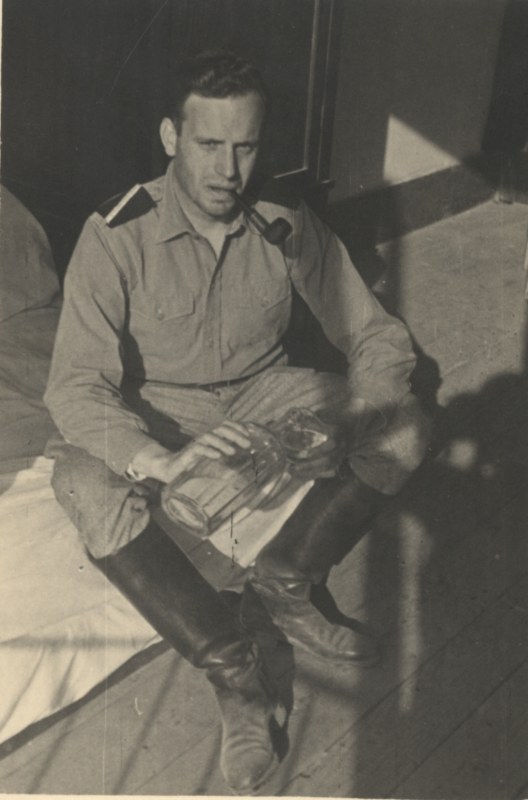
David Mourão-Ferreira, Portalegre, 1952
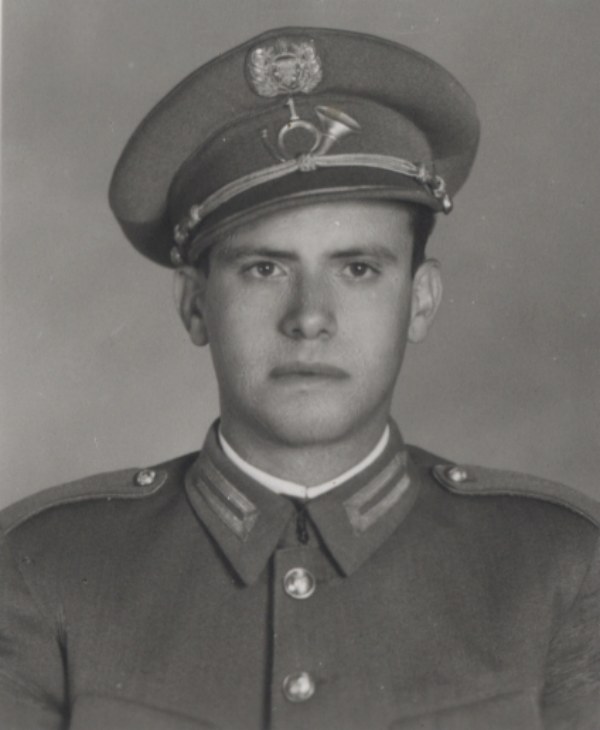
David Mourão-Ferreira, Portalegre, 1952
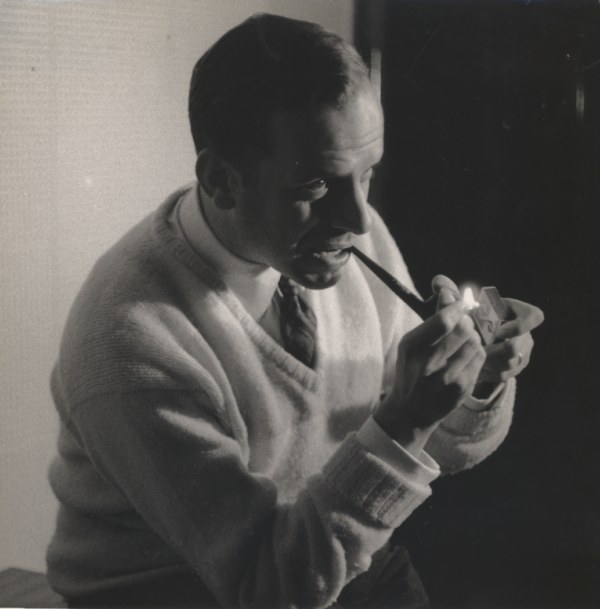
David Mourão-Ferreira, Lisboa, 1959
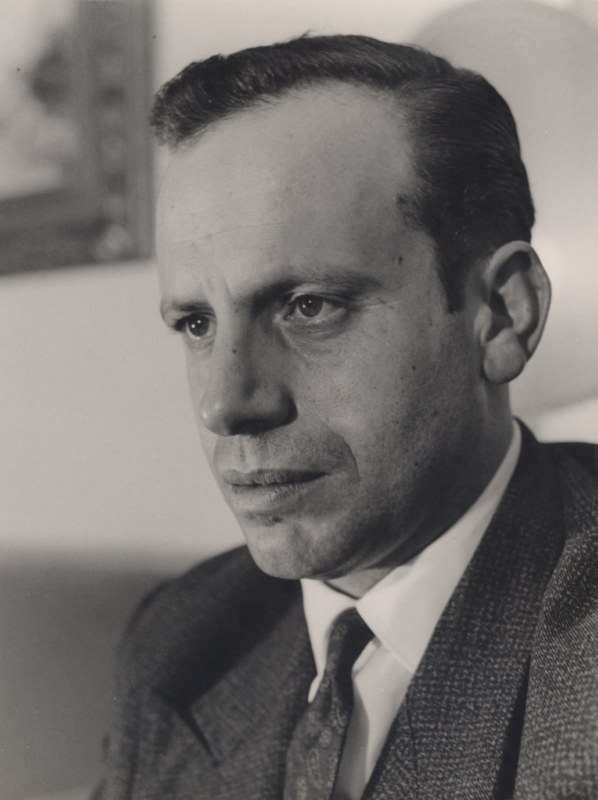
David Mourão-Ferreira, Lisboa, 1961
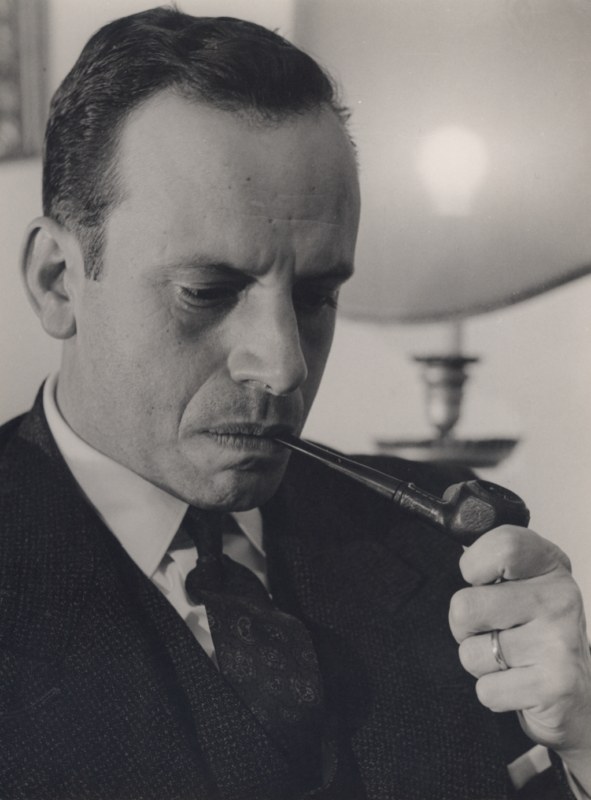
David Mourão-Ferreira, LIsboa, 1961
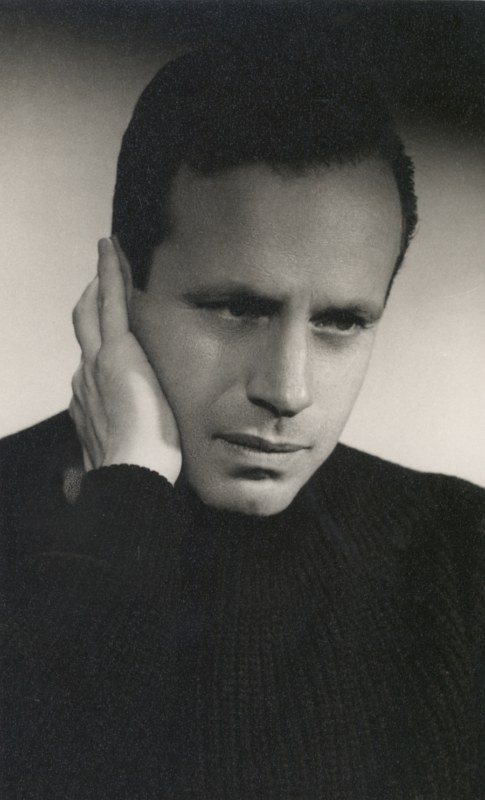
David Mourão-Ferreira, 1963
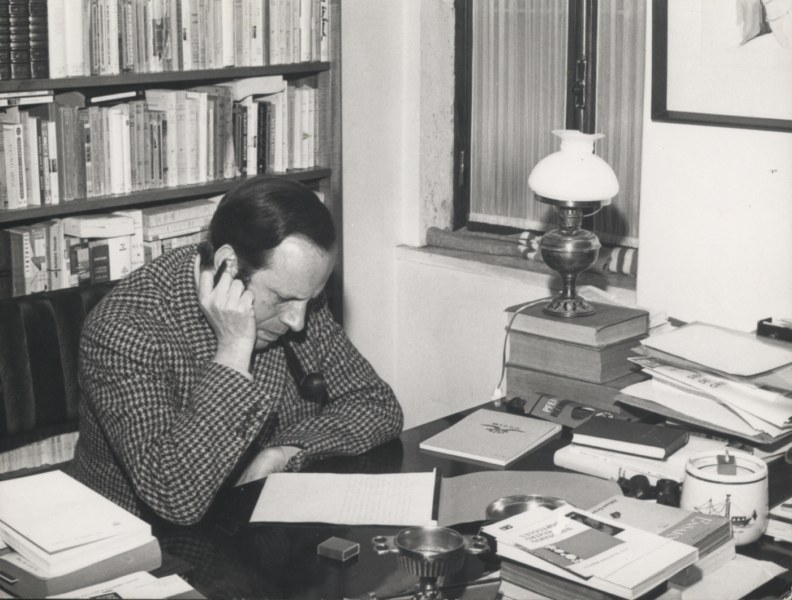
David Mourão-Ferreira, 1966
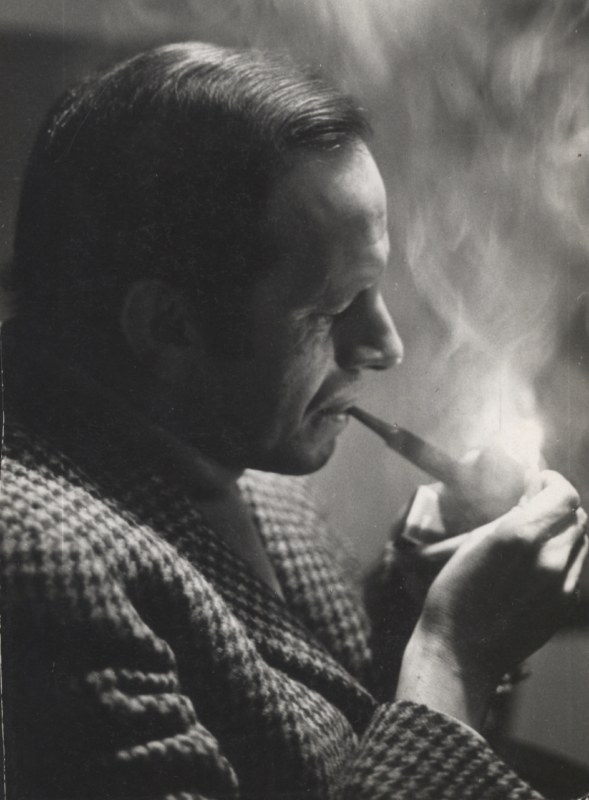
David Mourão-Ferreira, 1968
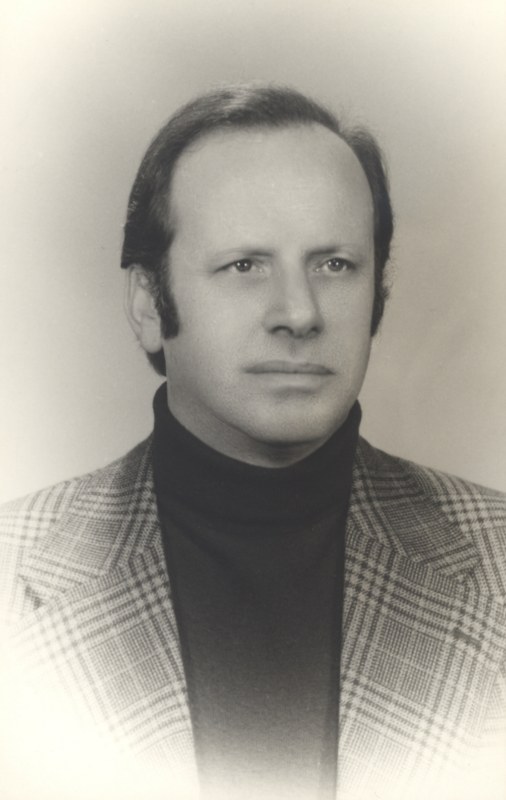
David Mourão-Ferreira, 1972
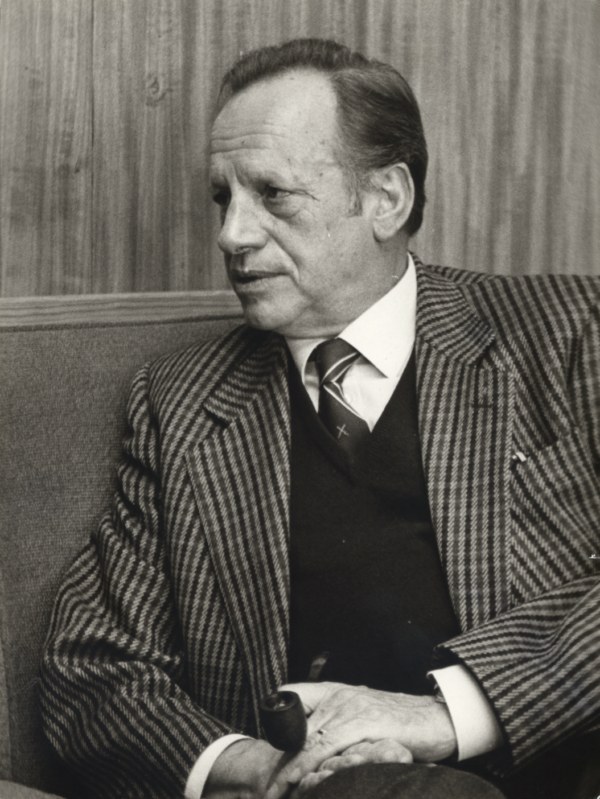
David Mourão-Ferreira, 1985 Fotografia de António Duarte
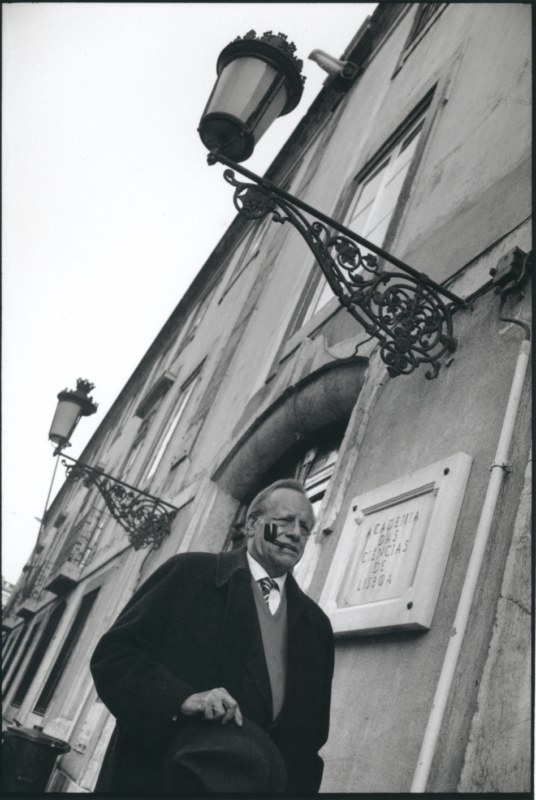
David Mourão-Ferreira, 1992 Fotografia de Tavares
-
Primavera Amália Rodrigues (David Mourão-Ferreira / Pedro Rodrigues)
